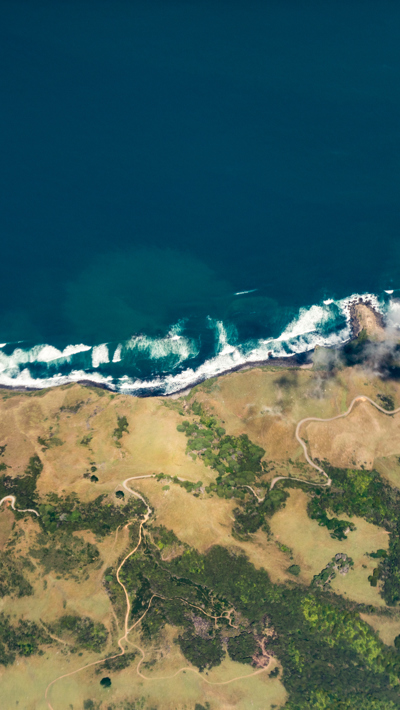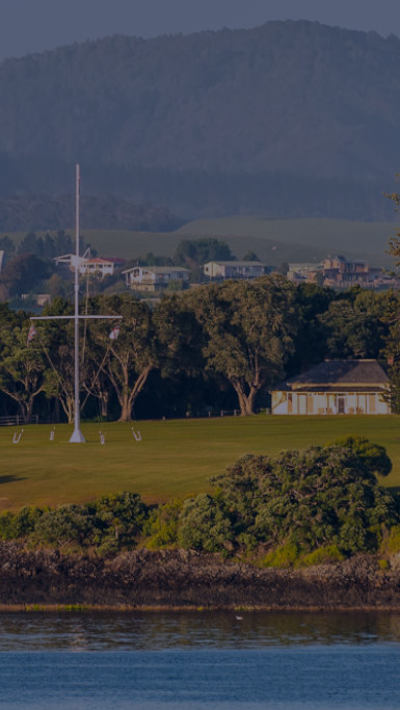Contents
The Māori Appellate Court in Kruger v Nikora1 has:
- reaffirmed the Māori Land Court’s jurisdiction (with the High Court) over all trusts “constituted in respect of general land owned by Māori”, and
- determined that whether a trust has been “constituted” in respect of land requires an assessment of the background to the trust beyond the trust’s primary purpose.
Notably for trusts acting as post-settlement governance entities (PSGEs), the decision reaffirms the possibility of being taken to the Māori Land Court for claims that are unrelated to the ownership of land
The context
Te Uru Taumatua (TUT), is a PSGE trust which was established to receive and manage settlement assets under Te Tiriti on behalf of and for the benefit of Ngāi Tūhoe. Part of the assets TUT holds is general land. All of TUT’s beneficiaries are descended from one or more Tūhoe tipuna, and therefore have whakapapa Māori.
The issue in the case was whether TUT had been “constituted in respect of general land owned by Māori” (emphasis added).
The Māori Appellate Court previously ruled in Moke v Ngāti Tarāwhai Iwi Trust that section 236(1)(c) of Te Ture Whenua Maori Act 1993 (the Act) gave the Māori Land Court jurisdiction over all trusts that owned land for beneficiaries, the majority of whom are Māori, including PSGEs.
At trial, the Māori Land Court determined TUT was subject to its jurisdiction and ordered that TUT undertake fresh elections for two of its trustees finding, without the benefit of evidence in reply from TUT, that TUT had breached its trust deed during its election process. TUT successfully obtained a partial stay of those orders while it appealed the Court’s jurisdiction to issue them.
Jurisdiction of the Māori Land Court
TUT argued that Moke was wrongly decided and that section 236(1)(c) required a trust to be constituted in relation to land in order to come within the jurisdiction of the Māori Land Court.
As TUT was constituted in relation to a comprehensive settlement of Te Tiriti claims (which included more than just land), TUT argued its primary purpose was not related to land, and therefore outside the Māori Land Court’s jurisdiction.
The Māori Appellate Court agreed that determining whether a trust is constituted in relation to land requires an analysis of the trust’s purposes, but disagreed that this analysis was limited only to a trust’s primary purposes. The Court reasoned that:
- the plain words of section 236(1)(c) do not call for an assessment of a trust’s primary purpose alone
- regarding the Māori Land Court’s jurisdiction over trusts, the broader scheme is not limited to land and also deals with matters such as enforcement of trustee obligations, appointment/removal of trustees, and termination/variation of trusts, and
- the preamble of the Act confirming land is a taonga tuku iho to be retained in the hands of its owners, together with the statutory direction that the Act be interpreted in a manner that best furthers this principle, supports an approach that invokes the Māori Land Court’s jurisdiction simply where land is owned by a trust with a majority of Māori beneficiaries.
Key takeaways
The point made on behalf of the Ngāti Tarāwhai Iwi Trust in Moke was that, while no particular issue arises if the Māori Land Court has concurrent jurisdiction with the High Court, significant practical difficulties could arise. In particular, the potential for a significant increase in applications to the Māori Land Court relating to PSGE trusts established through Te Tiriti settlements.
Notable differences between the Māori Land Court and High Court are that:
- court fees in the Māori Land Court can be significantly lower than the High Court
- the rules and processes in the High Court are much more complex with the result that it is less common to bring proceedings without legal representation, whereas processes in the Māori Land Court are not as complex and therefore lend themselves more to self-representation from lay–litigants (which is relatively common), and
- a special aid fund is available in the Māori Land Court to provide greater access for potential applicants.
Our comment
We note that the Court did not clarify the position for Māori trusts that are not initially established to hold or acquire land, but acquire land at a later time. It is possible these types of trust will fall outside of the Māori Land Court’s jurisdiction, but this is yet to be determined.
1 Kruger v Nikora – Tuhoe – Te Uru Taumatua [2021] Māori Appellate Court MB 444 (2021 APPEAL 444).
2 At [25] the Court suggest a trust owns land from inception or is set up to hold land that will be transferred to it in the future, the trust will be “constituted” in respect of that land.
3 Moke v Ngāti Tarāwhai Iwi Trust [2019] Māori Appellate Court MB 265 (2019 APPEAL 265).

























